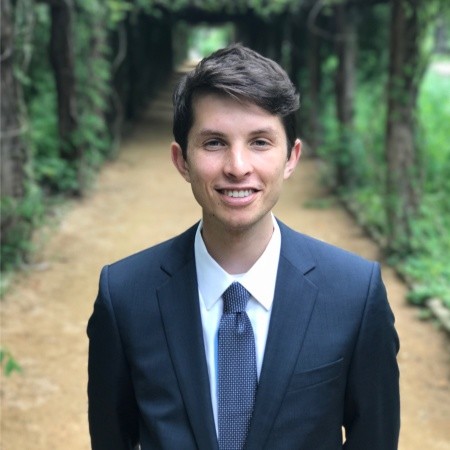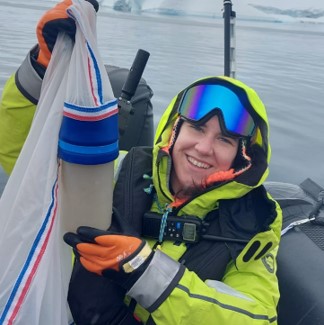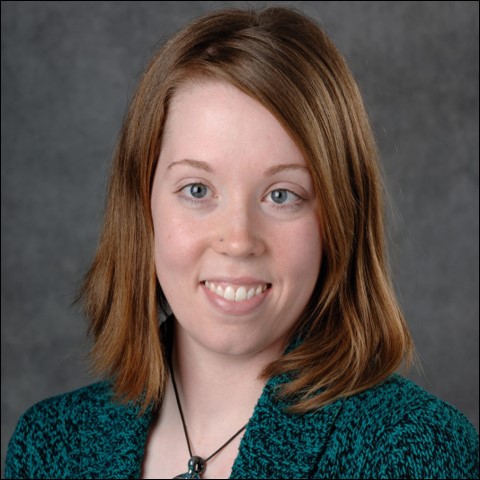Alumni
_____________________
Resources >>
Welcome to the CIGLR Alumni Community
The Cooperative Institute for Great Lakes Research (CIGLR), formerly the Cooperative Institute for Limnology and Ecosystems Research (CILER), is a research institute that is jointly sponsored by NOAA and our host the University of Michigan. Since the establishment of the cooperative institute in 1989, CIGLR has produced over 640 alumni that work towards environmental, economic, and social sustainability in the Great Lakes, providing Great Lakes Science for Society. As the size and scope of CIGLR’s research continues to grow, we will prepare the next generation of Great Lakes scientists and leaders.
.
Want to stay connected to the CIGLR community? Here are three ways to stay in the loop:
-
-
Share your story! We are showcasing the impact that our alumni community has made around the globe. We’d love to share your story of impact–submit your information or nominate a fellow alum!
-
Fill out our contact information form to ensure you receive our quarterly CIGLR eNewsletter, Ripple Effect magazine, event invitations, and any other updates and news.
-
Join our private group on LinkedIn, open exclusively to CIGLR alumni.
-
ALUMNI IMPACT
700+
TOTAL ALUMNI
PREPARED
FOR STEM
CAREERS
 17%
17%
OF CIGLR
ALUMNI
HOLD A Ph.D.
(national average is 2%)
 Alums
Alums
ARE
FROM 36
STATES
AND 14
COUNTRIES
Learn more about our ALUMNI IMPACT.
FEATURED ALUMNI LEADERS IN ACTION
Using Science to Better our Communities
As the director of Cleveland Clinic’s Center for Populations Health Research and a leader of a regional collaboration with MetroHealth, Dr. Jarrod Dalton uses statistical tools to monitor neighborhood-level and population-level risk factors for cardiovascular health, myocardial infarction, and chronic illnesses.
Extreme Water Level Effects on Great Lakes Coastal Wetlands
The Great Lakes Coastal Wetland Monitoring Program (GLCWMP) has a growing database of coastal wetland vegetation surveys, which began in 2011. Former CIGLR graduate fellow Olivia Anderson and colleagues used these data to investigate how coastal wetlands extent changed with the extreme increase in water levels from 2011–2019, using data from 342 sites across all five Great Lakes.
A Microbiologist Tackles COVID-19
In the midst of the rapid spread of COVID-19 in 2020 and 2021, Justin Hart saw a way to apply his background in microbiology and water management to a new, global challenge. Hart joined teams that used a new way to monitor the spread of COVID-19 and other infectious diseases in major cities: wastewater surveillance.
SEARCH ALUMNI STORIES

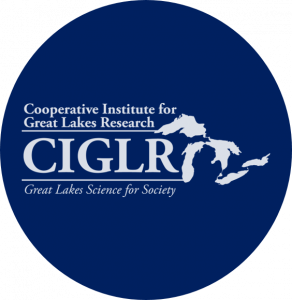
 17%
17%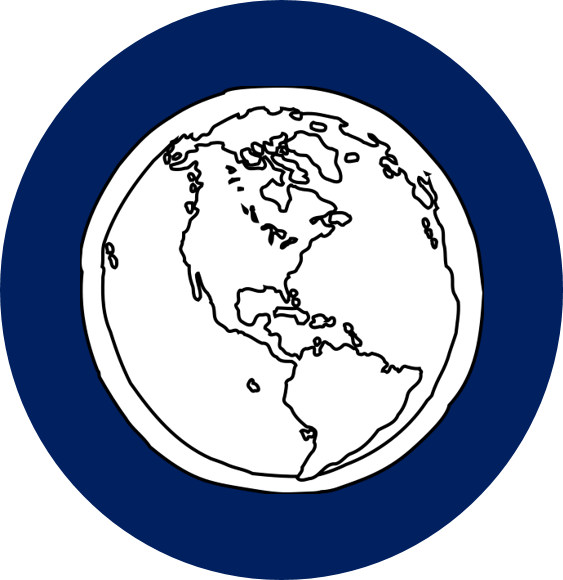 Alums
Alums

